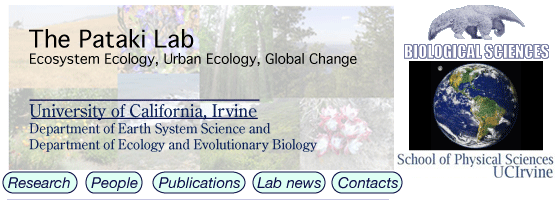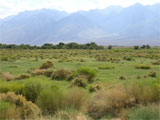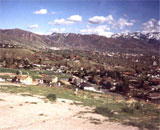 |
 |
 |
 |
What we do
Plants and soils provide many services for society, such as the provision of food, water and materials; the regulation of atmospheric composition, hydrology, and water quality; and cultural and aesthetic services. In urban ecosystems where landscapes are intensively managed, there are also potential environmental and economic costs of creating and maintaining different soil and vegetation types. However, the environmental benefits and costs of urban landscapes have seldom been directly measured. We use a variety of methods to measure urban plant and soil processes and translate these processes into ecosystem services and costs of interest to urban residents, managers, and policy-makers.
We have a number of ongoing projects focusing on the role of different plant species, landscape types, and land cover in influencing urban climate, water resources, atmospheric composition, and greenhouse gas emissions. We are investigating these processes in Los Angeles, California and Salt Lake City, Utah with direct measurements of plant physiology, ecosystem water balance, soil nutrient cycling, and greenhouse gases.
Current projects include:
- Drivers of biodiversity in urban forests, including attitudes and preferences for species and plant functional types
- Environmental costs and benefits of different types of urban landscapes
- The water use and water relations of plants in irrigated urban landscapes
- The role of urban landscapes in urban energy and water balance
- Carbon cycling, nitrogen cycling, and biodiversity in urban lawns, part of a study of the "ecological homogenization" of urban America
